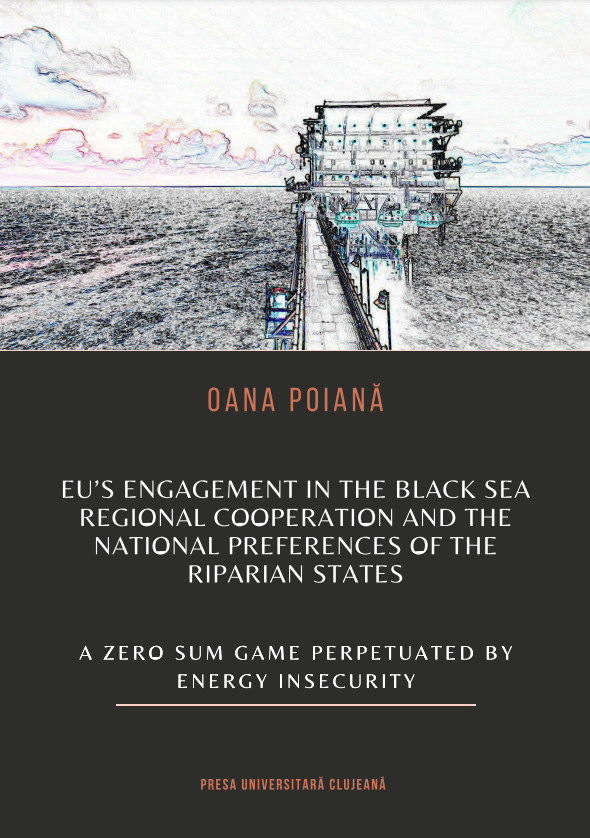Eu’s Engagement in the Black Sea Regional Cooperation and the National Preferences of the Riparian States: a Zero Sum Game perpetuated by Energy Insecurity
Back in 1814-1815, during the Congress of Vienna, the great powers were setting the basis of a new political order by restoring the balance of power on the European continent. A leap in time across two centuries reveals an unstable and unpredictable European security architecture dominated by geopolitics of resentment and rising tides of conflict. The polarity of the European system took a critical turn in the 21st century when Russia entered a period of open contestation of the European order showing a renewed impetus in pursuing its irredentist ambitions. Conversely, the mounting Russian threats determined NATO to pre-emptively employ its collective defence and activate the greatest military manoeuvre since the end of the Cold War. This unequivocal return to Realpolitik appears to have been determined by an inverted aim of the EU Eastern enlargement which intended to integrate and stabilize the so called Russian “near abroad” through democratic reforms. Paradoxically, in its quest for stability, the enlargement process uncovered the actual depth and the intensity of the East- West division, forcing the main power poles to embark on a long term political confrontation that has all the premises to become a military confrontation. Link download Ebook: http://www.editura.ubbcluj.ro/bd/ebooks/pdf/3080.pdf |

